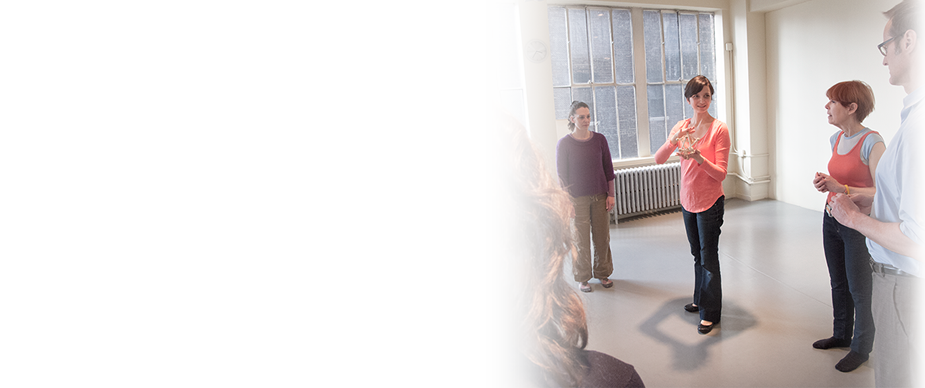The Up Side of Tension
/As I was just looking through some photos I took of the Verrazano Narrows Bridge yesterday, I thought I'd write a post in support of my good friend, tension, because I get a lot of support from him/her . . . it.
Tension gets a bad rap. Relaxation = good. Tension = bad. Tell that to this bridge! Suspension bridges maintain their support and structure through tension and balance and so do we. You may associate tension with stress, when in fact, it's tension that keeps us upright. You wouldn't be sitting at your desk or standing and holding your smartphone, walking, running, jumping or doing anything at all without tension.
So, what happens when we get stressed? We end up tensing muscles that we shouldn't be tensing, muscles that are intended for movement instead of postural support. These muscles are only supposed to work in short bursts and fatigue quickly. This chronic tensing of muscles that shouldn't be tense all the time often feels uncomfortable and results in strain and pain. Because of this misplaced tension, our postural muscles, the muscles that should be holding us up all of the time,lose tone. Postural muscles work to hold us up without any conscious effort on our part. If you have the intention to stay standing or sitting, they'll work to hold you up without you having to tighten or move them, but they don't work so well if other muscles are doing the work for them.
Then what's the problem here if it isn't tension? The problem is balance. Your muscle tone throughout your body gets out of balance when you react to stress by overusing muscles that shouldn't be working so hard all the time. If you are stressed and straining at your desk all day, holding your shoulders up or pressing them down, tensing your neck, arms, and your thighs, then you will train your muscles and brain to understand that this state is normal and is how you should hold yourself up.
Alexander Technique lessons help people feel that what they are doing normally isn't necessarily natural and may be the source of discomfort and pain. If you learn to react to stress differently and not tense your moving muscles all day, then you're postural muscles will tone up and sitting and standing can feel comfortable. We have our own suspension system and if any area is too slack or too tense,the whole structure becomes distorted and tends to pull down and in on itself. Return to balance and you'll expand up and out, reducing strain on any particular part. That's the "up" side of tension.
Good thing that bridges don't have desk jobs!


